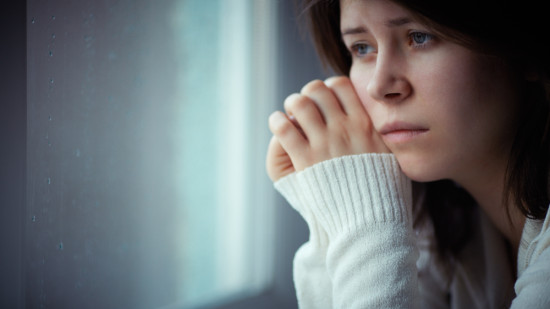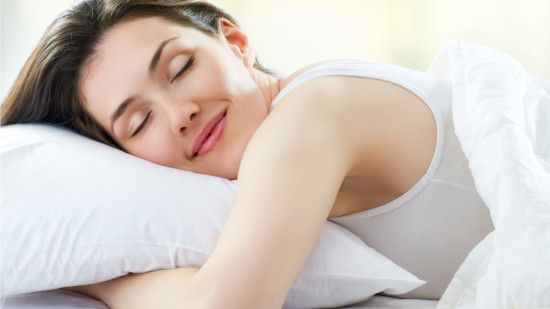Sleep is Important for Good Health
We’ve all heard that we should aim for six to eight hours of sleep every night, but with stressful jobs, children and significant others, and all of the everyday tasks we have to do, meeting that requirement is difficult and sometimes not even an option. Getting enough quality sleep should be a priority, though. If you get less than the recommended amount of sleep on a consistent basis, then more than likely, you are sleep deprived. Chronic sleep deprivation can lead to many health problems that will impact your quality of life long term.
Less Sleep, More Weight
Studies show that people who do not get enough sleep, have trouble falling asleep or staying asleep, and wake up several times during the night are more likely to be overweight or obese. When you don’t get enough sleep, even for one night, your brain responds differently to high calorie junk foods.

The part of the brain that motivates a person to desire fattening foods was much more active. So when you are sleep deprived, it’s harder to say no to potato chips and ice cream. Also, the level of activity in your frontal cortex is reduced. This is where consequences are weighed and rational decisions are made. So once again, when you don’t get enough sleep, your ability to pass up junk food becomes more difficult.
The Diabetes Factor
Not getting enough sleep may also lead to an increased risk for type 2 diabetes. Sleep deprivation wreaks havoc on your body’s metabolic regulation. If you only get four hours of sleep a night, your body’s ability to use insulin is impaired by 25 percent. Insulin resistance can lead to type 2 diabetes, a condition where your body is unable to use insulin to control glucose levels from food. If left untreated, type 2 diabetes can lead to other illnesses like heart disease.

The Insomnia Blues
Depression is much more likely among people who are sleep deprived. Studies were done on people who have insomnia, and it showed that insomniacs face a two-to-five- fold increased risk for developing depression. Insomnia is defined as having trouble falling or staying asleep most of the time.
Tips for Getting Better Sleep
If this sounds like you, try incorporating these tips into your bedtime routine. Cut out caffeine after 2 p.m. and avoid drinking excessive amounts of alcohol in the evening. Caffeine will stay in your system up to 14 hours making it difficult to fall asleep.

Most people think a glass of wine will help them sleep better, but in actuality, it causes a more restless sleep. Avoid major activities an hour before bedtime. Refrain from doing chores, working out, or having arguments right before bed. Also, minimize noise, light, and temperature extremes in your bedroom. Get a sleep mask to reduce light, ear plugs or a white noise machine to drown out unwanted sounds, and make sure your thermostat is set between 54 and 75 degrees.
Hopefully these tips will help you get a more restful sleep and more hours of sleep. It’s something that we could all use a little more of. Nighty night!
Neighbors Emergency Centers are open 24/7, 365 days a year. We treat all kinds of emergencies including sports injuries and severe cold and flu symptoms. Go to www.nec24.com to find your nearest Neighbors location.

